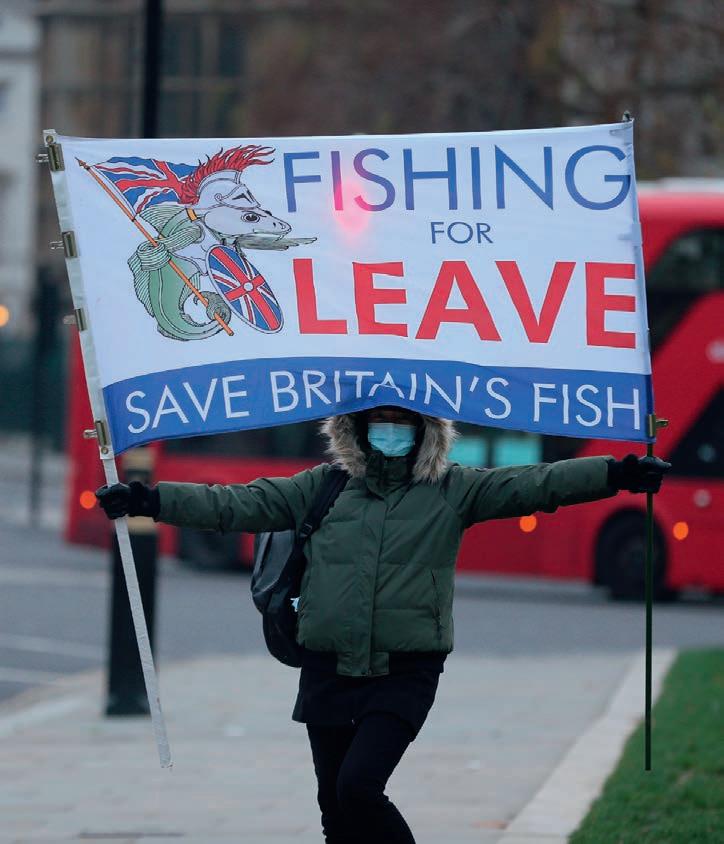
2 minute read
Letters
More than just teething troubles
I read with interest your recent ar� cle “Time for a Lighter Touch” by Hamish Macdonell (Fish Farmer, March 2021)
As Mr Macdonell points out, customs processes can be frustra� ng, � me-consuming, expensive, and inconsistent. This is precisely why the Single Market and the Customs Union were created - specifi cally to eliminate those burdens on businesses when dealing with companies in other member states.
As a group, the members get together and agree common (legally enforceable) rules which everyone agrees on. Because everyone follows the same rules, there is no need for checks.
Due to the Brexit vote, the UK has now le� the legal arrangements which eliminate the red tape of import and export. The EU did off er the UK the right to remain in either or both systems, but the UK declined to do so. It would have meant, a� er all, accep� ng all EU rules, regula� ons, and trade agreements without having a vote on those ma� ers (because those are decided only by EU members).
If the EU made an exemp� on for UK fi sh, then anyone wishing to send anything into the EU could simply label it as fi sh. With no checks at all, it would become a smuggler’s paradise for any goods which were themselves subject to fric� on and import du� es and tariff s and point of origin checks, or any of the other many forms of the normal customs red tape which the EU has eliminated between member states.
By defi ni� on, the inevitable outcome of leaving a fric� onless market is the introduc� on of fric� on. Anyone who promised it wouldn’t was, quite simply, lying.
I am afraid that if Mr Macdonell now wishes to return to the ease of trade which the fi shing industry (and the UK as a whole) has known for the last few decades, then his only op� on is to lobby to rejoin the mechanisms which allow fric� onless trade. Either as a rule-taking na� on with no say, or as a full member of the EU, helping to agree and to form the rules.
Un� l that happens, I am afraid that, under WTO rules, border fric� on is both a necessary and a legally required part of trade with EU members. The UK has yet to start enforcing the required checks on EU goods, and are asking for an extension. When the UK does begin enforcing these checks, fric� on at the border will increase in the same way for imports as it already has for exports.

from the EU are prepared. If not, they should start preparing at once. They can expect higher prices and delays - if their EU suppliers are s� ll willing (and legally able) to export to the UK at all.










